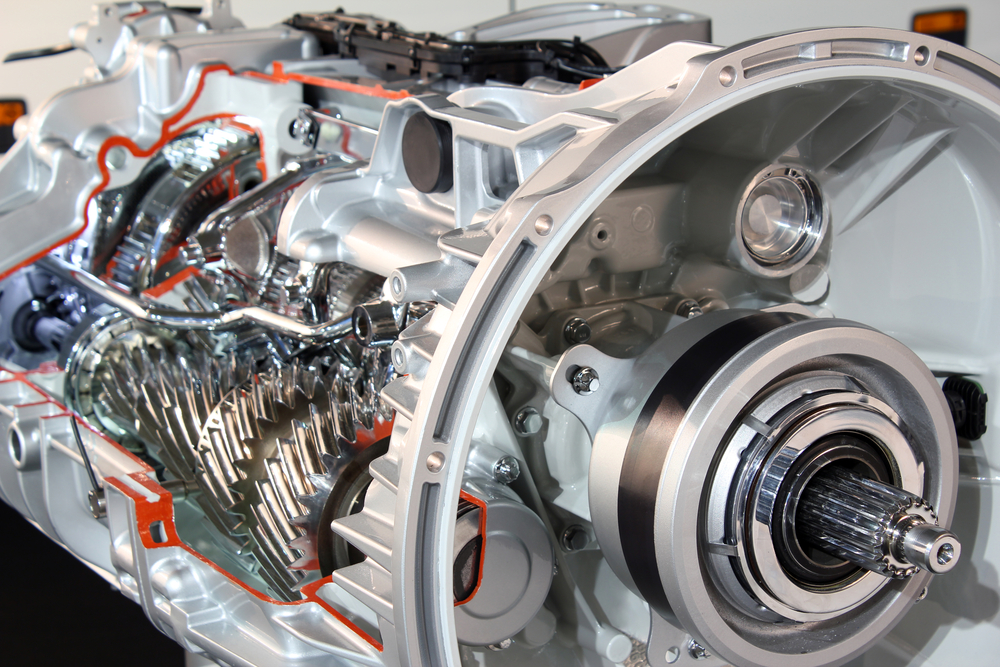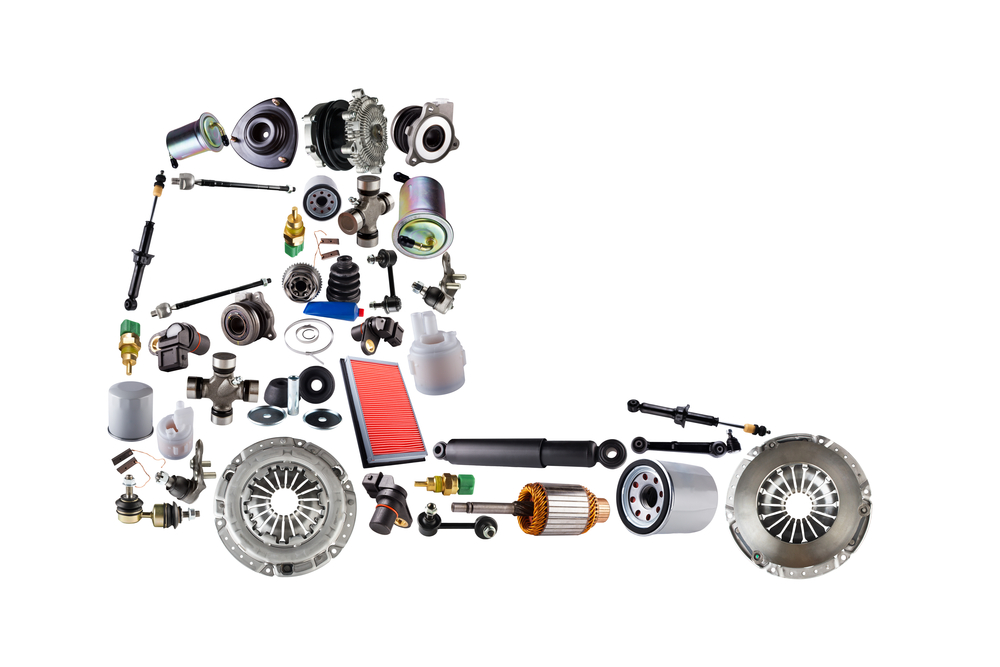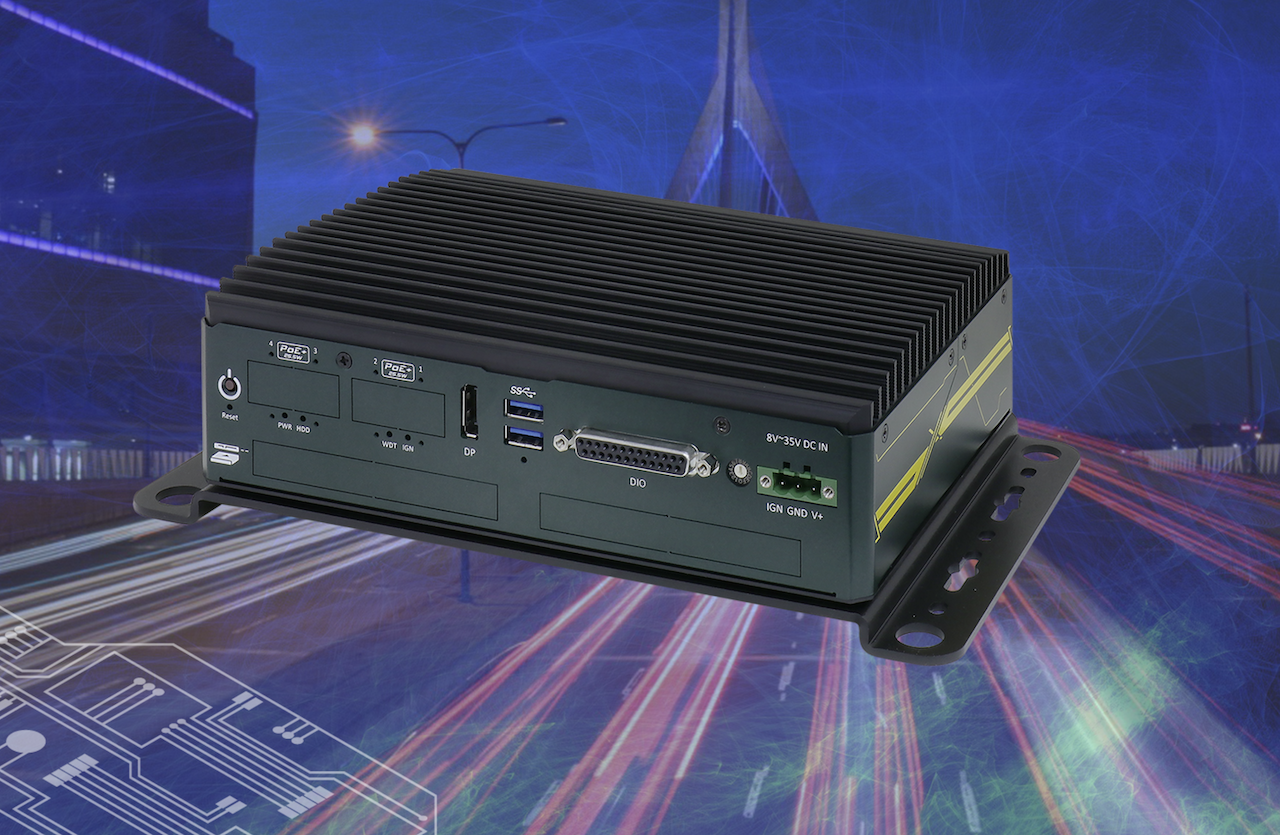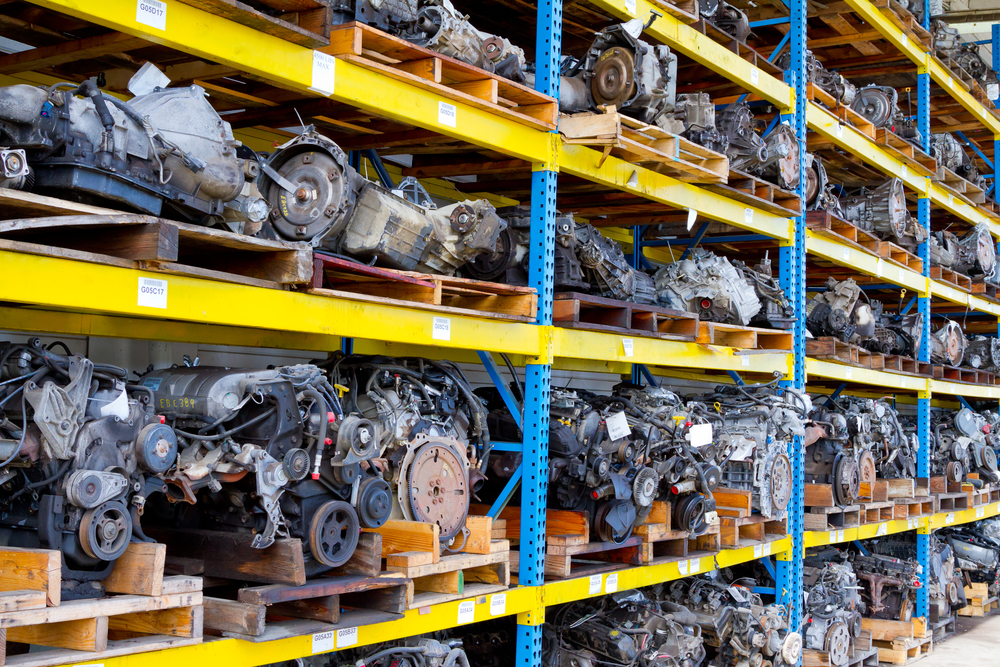
Truck Parts: Three of the Best Truck Transmissions Available
What Is A Truck Transmission?
A truck transmission is a type of gearbox that is specifically designed for use in heavy-duty vehicles such as trucks. These transmissions are built to be much tougher and more durable than the transmissions used in passenger cars, and they are typically able to handle a much higher amount of torque.
There are two main types of truck transmissions: automatic and manual. Automatic transmissions are the most common type, and they use a system of gears and clutches to automatically shift the gears as the vehicle moves. Manual transmissions are less common, but they offer the driver more control over the vehicle.
Truck transmissions are typically much larger and heavier than the transmissions used in passenger cars. This is because they need to be able to handle the increased weight and torque of a heavy-duty vehicle. Truck transmissions are also typically located at the rear of the vehicle, and they are connected to the engine via a driveshaft.
How Does A Truck Transmission Work?
A truck transmission is a type of gearbox that is installed in a truck. This gearbox is responsible for transferring power from the engine to the wheels. The truck transmission is also responsible for changing the gears in order to provide the correct amount of power to the wheels, based on the speed of the truck. There are two types of truck transmissions: automatic and manual.
An automatic transmission uses a torque converter to transfer the power from the engine to the transmission. The torque converter is a fluid coupling that is located between the engine and the transmission.
The torque converter is responsible for converting the engine’s rotational energy into hydraulic energy. The hydraulic energy is then used to turn the transmission’s input shaft, which in turn rotates the output shaft. The output shaft is connected to the truck’s wheels.
A manual transmission does not use a torque converter. Instead, power is transferred from the engine to the transmission via a clutch. The clutch is located between the engine and the transmission.
The clutch is responsible for transferring power from the engine to the transmission. The clutch is engaged when the truck is at a standstill and the engine is running. The clutch is disengaged when the truck is moving.
The truck transmission is an important part of the truck’s drivetrain. The transmission is responsible for transferring power from the engine to the wheels. The transmission is also responsible for changing the gears in order to provide the correct amount of power to the wheels, based on the speed of the truck.
What Are The Different Brands Of Truck Transmissions?
Eaton Fuller
The new and factory-remanufactured 13, 15, and 18-speed model Eaton Fuller transmissions are now available for order. These units have been designed to meet the needs of the most demanding customers who require the utmost in strength, durability, and reliability.
The new 13, 15, and 18-speed units offer an increased number of ratios to choose from, allowing the driver to better match the transmission to the application. The new units also offer a higher top speed, making them ideal for use in highway applications.
The factory remanufactured units offer the same high level of quality and reliability as the new units, but at a lower price. These units have been thoroughly inspected and tested to ensure they meet the same high standards as the new units.
If you are in the market for a new or remanufactured transmission, the new and factory-remanufactured 13, 15, and 18-speed model Eaton Fuller transmissions are a perfect choice. These units offer the strength, durability, and reliability you need, at a price you can afford.
Allison Transmissions
Allison Transmissions is a leading manufacturer of commercial-duty automatic transmissions and hybrid propulsion systems. With more than 80 years of experience, Allison Transmissions has built a reputation for quality, durability, and reliability. Allison Transmissions is headquartered in Indianapolis, Indiana, and has manufacturing facilities in the United States, Europe, and China.
Allison Transmissions offers a broad range of products for a variety of applications, including on-highway trucks, buses, fire and emergency vehicles, defence vehicles, and more. Allison Transmissions’ products are recognized for their fuel efficiency and low emissions, and the company’s products are backed by a global network of service and support.
Allison Transmissions’ products are built on a foundation of three core technologies: torque converter, transmission, and hybrid propulsion. Allison Transmissions’ torque converters are designed to maximize engine power and efficiency, while the company’s transmissions are designed for smooth, precise shifting. Allison Transmissions’ hybrid propulsion systems provide power and efficiency for a variety of applications, including urban and stop-and-go driving.
Allison Transmissions’ products are supported by a global network of services and support. Allison Transmissions’ dealers and distributors are located in more than 80 countries, and the company’s products are backed by a comprehensive warranty. Allison Transmissions’ customer support team is available 24 hours a day, 7 days a week, 365 days a year to answer any questions or concerns.
ZF Transmission
Thanks to the Servoshift, gear changes with the fully synchronized Ecosplit (including up to 16 speeds) in the ZF manual transmissions are quiet, quick, and effortless. Moreover, it can be equipped with a secondary retarder and PTOs.
The ZF manual transmission is the ideal solution for heavy trucks that need to handle a variety of different loads and terrain. The transmission is built to handle the demands of heavy trucks and is able to provide the power and control needed to get the job done. Thanks to the Servoshift, gear changes are quick and easy, and the transmission can be equipped with a secondary retarder and PTOs for even more control.
What Are The Benefits Of A Truck Transmission?
A truck transmission is a vital component of any truck, and it is responsible for the truck’s overall performance. There are many benefits of a truck transmission, and these benefits can be enjoyed whether the truck is used for personal or commercial purposes.
Some of the benefits of a truck transmission include:
Improved Performance
A truck transmission can help to improve the overall performance of the truck. This is because the transmission is responsible for the truck’s powertrain, and it can ensure that the engine is operating at its optimum level.
Increased Efficiency
A truck transmission can also help to increase the efficiency of the truck. This is because the transmission can help to regulate the truck’s speed, and it can also help to reduce the amount of fuel that is consumed by the truck.
Improved Durability
A truck transmission can also help to improve the durability of the truck. This is because the transmission is designed to withstand the heavy loads that are typically placed on trucks.
Improved Safety
A truck transmission can also help to improve the safety of the truck. This is because the transmission can help to regulate the truck’s speed, and it can also help to reduce the amount of wear and tear that is placed on the truck’s components.
Overall, a truck transmission is a vital component of any truck, and it can provide a number of benefits. Whether the truck is used for personal or commercial purposes, a truck transmission can help to improve the truck’s overall performance, efficiency, durability, and safety.
How Do I Care For My Truck Transmission?
Assuming you would like an article discussing the care of a truck transmission:
A truck transmission is a vital part of the vehicle, and it needs to be properly cared for in order to keep it in good working condition. There are a few things that you can do to care for your truck transmission and keep it running smoothly.
First, it is important to check the transmission fluid level regularly and top it off if necessary. Transmission fluid helps to keep the transmission cool and lubricated, and it needs to be at the proper level in order to do its job.
Secondly, you should have the transmission serviced every 30,000 miles or so. This involves changing the transmission fluid and filter, and it helps to remove any debris or buildup that could cause problems.
Third, it is a good idea to avoid hard starts and sudden stops. This can be tough to do with a truck, but try to ease into starts and stops whenever possible. This will help to prolong the life of your transmission.
By following these simple tips, you can help to keep your truck transmission in good working condition for many years to come.



